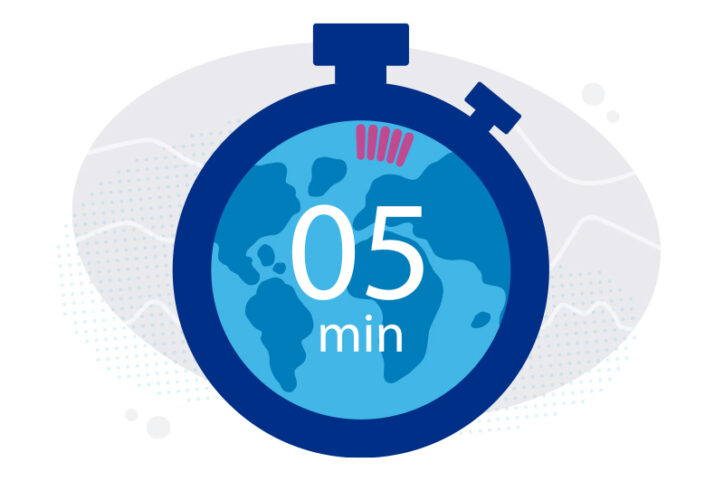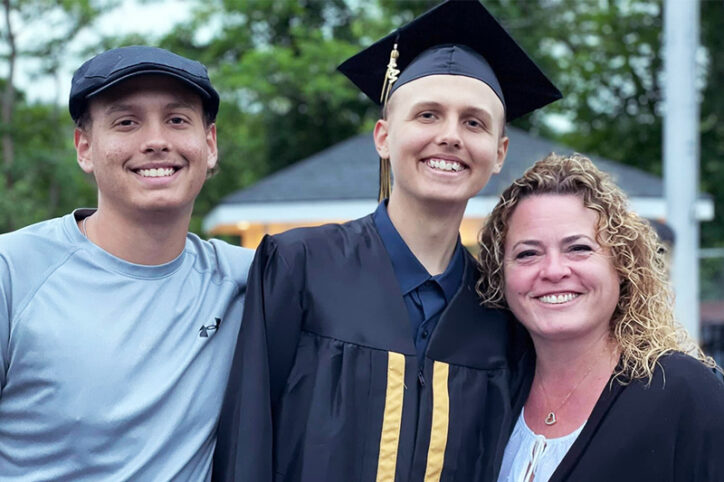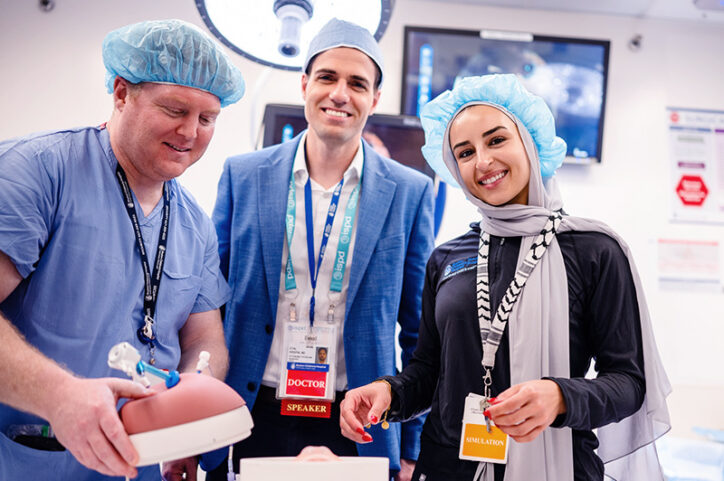Status epilepticus: What’s changed, what to know, and a global perspective
Status epilepticus, or a prolonged seizure lasting more than five minutes, is a rare complication of epilepsy and a medical emergency that can occur even in people without a diagnosis of epilepsy. If not treated quickly, it can cause brain damage, lifelong complications, and even death. “A prolonged seizure is a race against time to ... Read More about Status epilepticus: What’s changed, what to know, and a global perspective
Phenylketonuria: Giving treatment a second chance
Phenylketonuria (PKU) was once a common cause of intellectual disability. Children born with this metabolic condition lack phenylalanine hydroxylase (PAH), the enzyme needed to break down the amino acid phenylalanine (phe). Instead, phe builds up to levels harmful to the brain. PKU was the original condition tested for when newborn screening was piloted in Massachusetts ... Read More about Phenylketonuria: Giving treatment a second chance
Changing lives through genetics: The Children’s Rare Disease Collaborative
A 14-year-old girl was having back pain after a car accident and visited an orthopedic clinic at Boston Children’s Hospital. In the course of her care, she joined the Children’s Rare Disease Collaborative (CRDC), a hospital-wide effort to enroll children and adults with rare diseases in genetic studies. Genetic testing revealed that both she and ... Read More about Changing lives through genetics: The Children’s Rare Disease Collaborative
Cerebral adrenoleukodystrophy: How the Cooksons dodged a devastating disease
Heather Cookson believes that if she hadn’t insisted her son Ricky get a brain MRI to investigate his frequent headaches, neither he nor his younger brother Jerry would be walking or living full lives today. “I just wanted peace of mind,” she says. “Ricky got the MRI, and that’s when the lesion was found.” The ... Read More about Cerebral adrenoleukodystrophy: How the Cooksons dodged a devastating disease
EarlyBird: Addressing dyslexia through game play
Up to 10 percent of the population has dyslexia, yet many children are diagnosed only after struggling with reading for years. The stigma can cause low self-esteem, depression, and antisocial behavior. But imagine we could identify children at risk for dyslexia before they start formal reading instruction, then help them build the skills they need ... Read More about EarlyBird: Addressing dyslexia through game play
‘Zero place for mistakes’: Taking fetal surgery to the next level with simulation
The highly complex interventions involved in fetal surgery require exceptional skill, training, and experience. Beyond the procedures themselves, these surgical scenarios depend on the ability of team members to work in concert. It’s a seamless collaboration that’s even more crucial when two patients — the pregnant person and fetus — are involved. When the Fetal ... Read More about ‘Zero place for mistakes’: Taking fetal surgery to the next level with simulation







